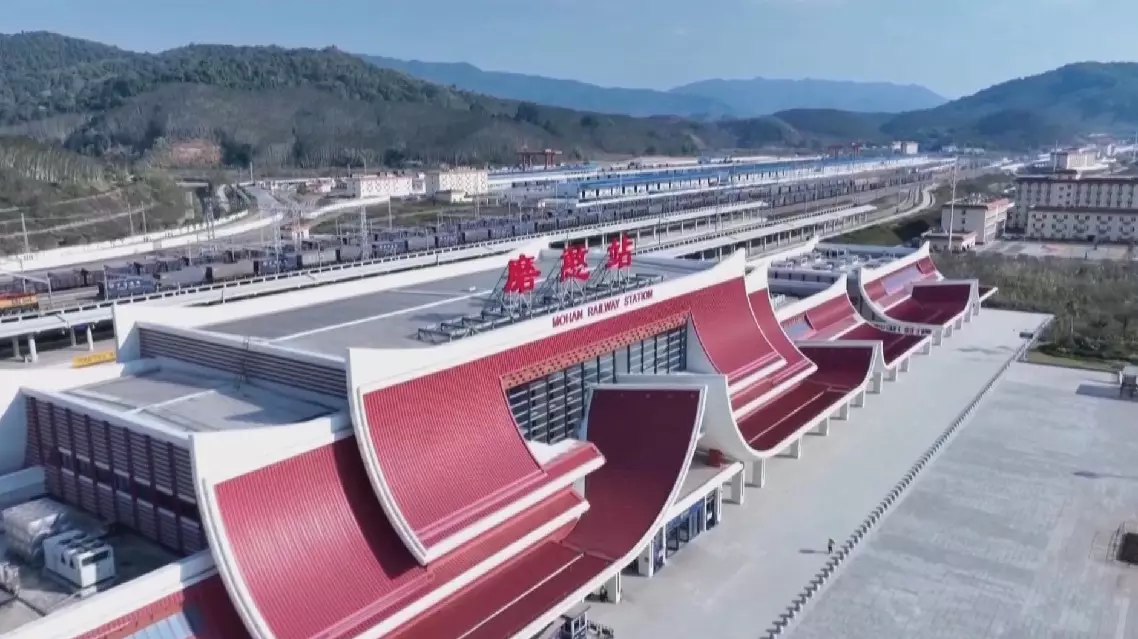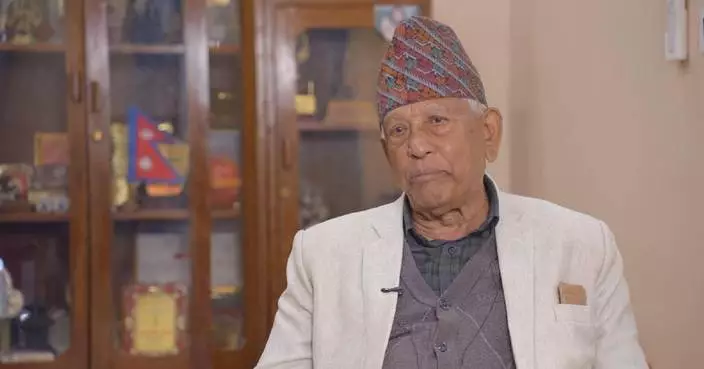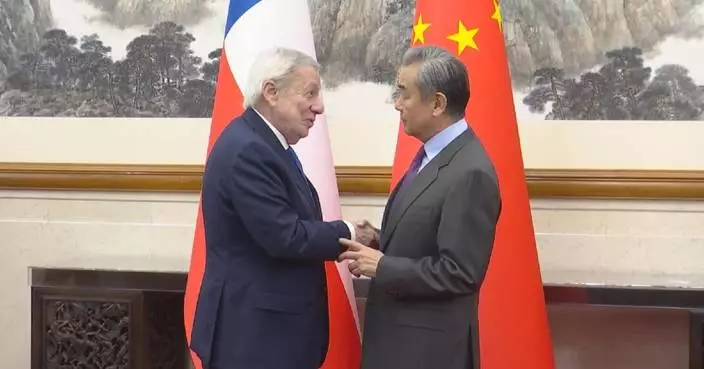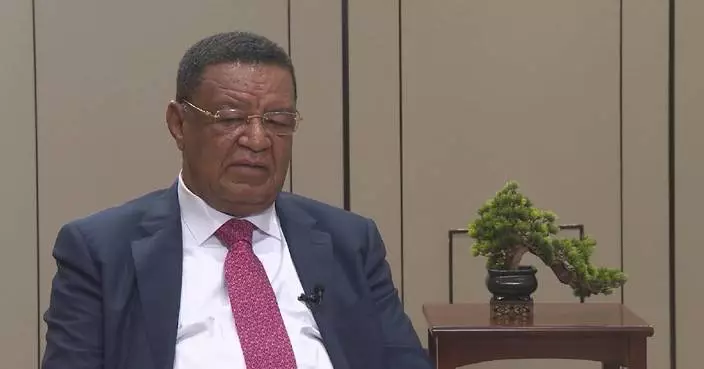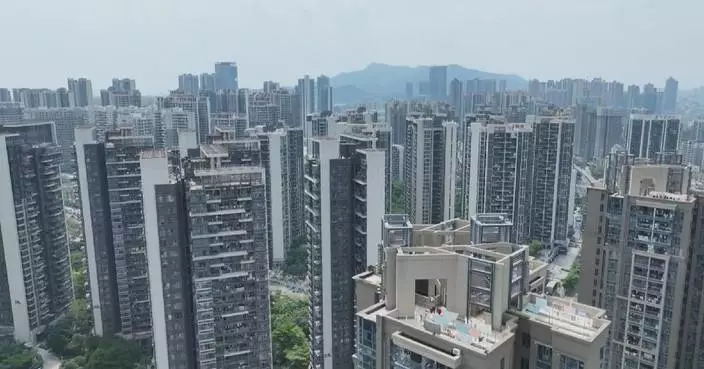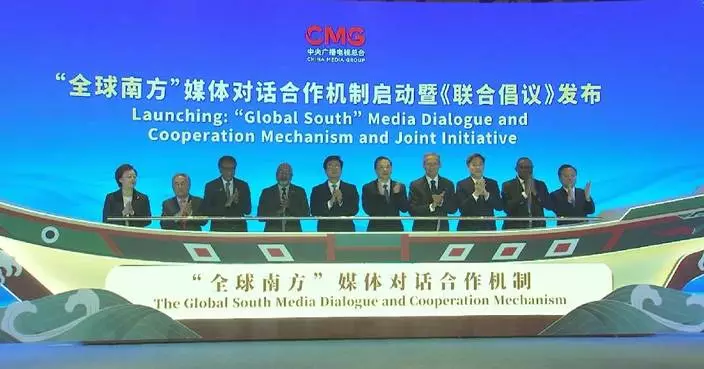Military and police personnel have been prohibited from entering South Korea's National Assembly on Wednesday after the country was plunged into political chaos the previous evening when President Yoon Suk-yeol declared and then later lifted an emergency martial law order.
Speaking at a press briefing on Wednesday, South Korea's National Assembly Secretary General Kim Min-ki said police officers and defense officials would be banned from entering the National Assembly, and expressed strong concern over the unconstitutional and illegal actions that had occurred through the night and the resulting damages caused to the assembly building.
Yoon had stunned the nation in an unexpected late-night televised address on Tuesday, saying he had issued the emergency martial law order to "eradicate anti-state forces" and "uphold constitutional order." The shock move sparked protests in Seoul and saw lawmakers rush to the National Assembly building where they unanimously voted down the decree in a vote early on Wednesday, with Yoon later lifting the martial law order several hours later.
According to Kim, around 280 soldiers had entered the assembly building following the president's emergency martial law declaration on Tuesday night. According to the National Assembly Affairs Office, South Korean police began blocking the outer gates of the National Assembly at around 22:50 local time on Tuesday, preventing lawmakers and staff from entering or leaving.
Subsequently, the South Korean Ministry of Defense deployed 24 helicopters and over 230 fully armed soldiers entered the National Assembly building within a 90-minute period starting shortly before midnight Tuesday, Kim said.
Additionally, more than 50 soldiers crossed the National Assembly's walls to enter the interior of the building, he said, adding that armed soldiers had unsuccessfully attempted to enter the assembly hall through the main chamber and the reception rooms at the rear, before using hammers and rifles to break windows and force their way in.
Kim said that the move to prohibit police and staff from the Ministry of Defense from entering the assembly building aimed to protect the personal safety of lawmakers and ensure the functionality of the National Assembly.
He added lawmakers will thoroughly assess the physical damage and losses caused by the martial law declaration and hold those responsible for illegal actions accountable to the fullest extent of the law.
He also noted that, according to the current information, the incident has resulted in several injuries to the National Assembly staff, and efforts are underway to accurately count the number of injured individuals and ascertain the extent of their injuries.
As the situation unfolded following the martial law announcement, a number protesters gathered outside the National Assembly building in the early hours of Wednesday, with many loudly denouncing the president's move and expressing their shock and outrage, while some were seen jostling with police.
"It's a complete regression. There's no reason to declare martial law; declaring martial law is entirely inappropriate," said a local man.
"It's utterly absurd and lacks any reasonable justification. Rather than anger, my first reaction was to find it incredibly ridiculous. Based on the current information, I believe declaring martial law is highly inappropriate," said another Seoul resident.
Meanwhile, South Korea's opposition parties on Wednesday submitted a motion to impeach President Yoon, and plan to report the motion to the plenary session on Thursday and vote on it between Friday and Saturday, according to multiple media outlets.
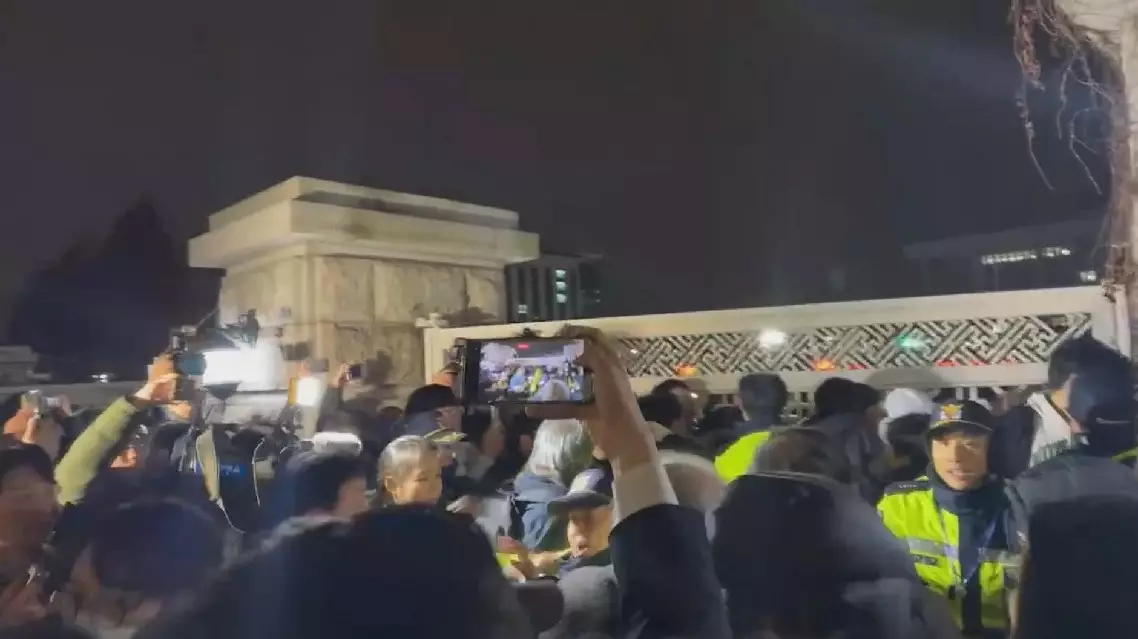
Military, police personnel prohibited from entering National Assembly


